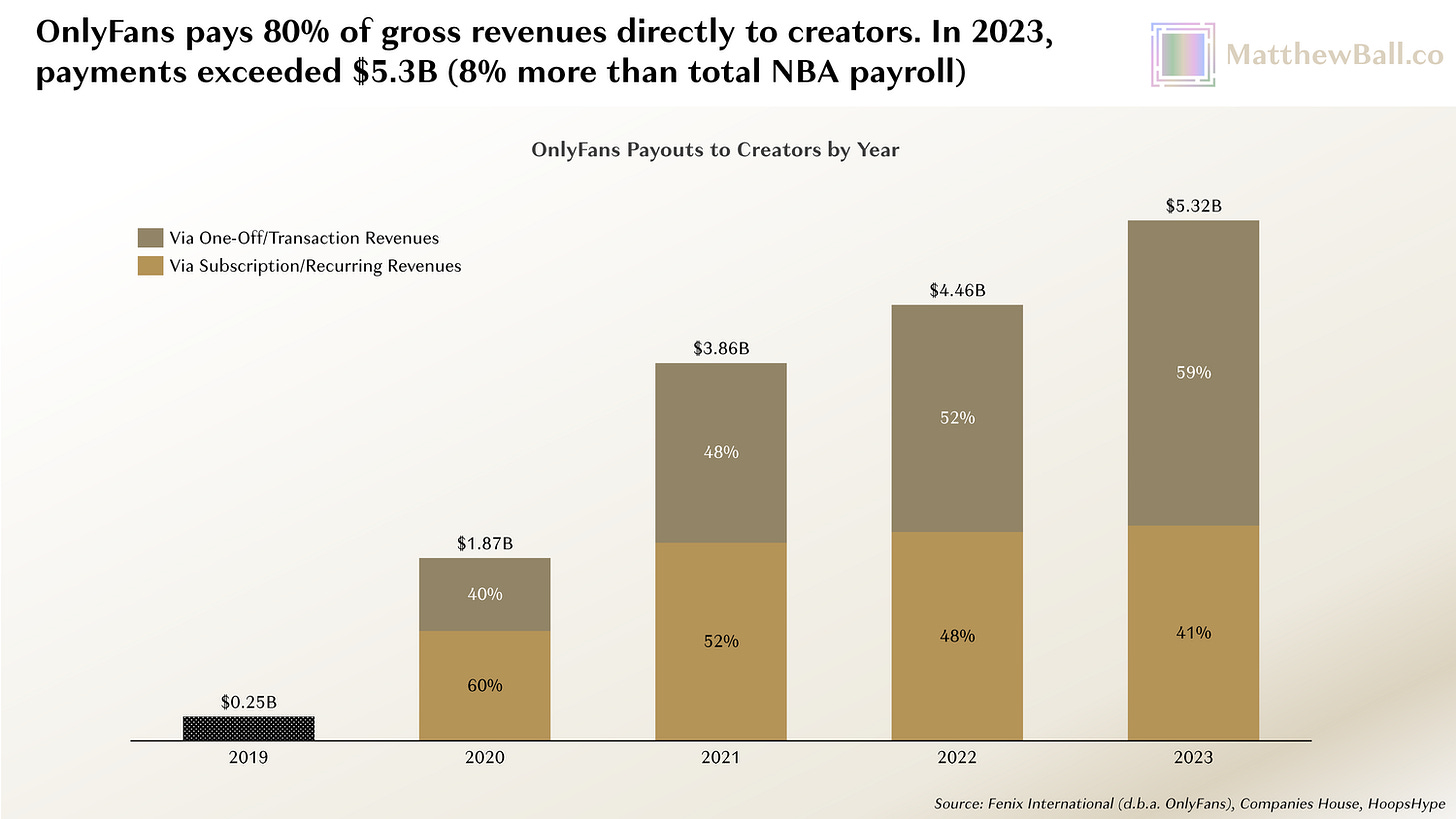This week…
Your reading time is about 6 minutes. Let’s start.

I returned from my trip home to meet family and friends I had not seen in about four years. There were several administrative tasks I had to accomplish, including renewing my passport (which would take up to 16 weeks in Canada), updating my banking information, picking up my driver’s license, and registering my native status.
I felt a bit icky about the last one, because Indigenous people everywhere are simultaneously the most documented individuals, while also the least—it depends on whichever benefits the governing bodies best. They make you jump through hoops to prove your indigeneity before you can claim rights to your ancestral lands (a birth certificate is insufficient, how about a native card?). But also, if, along these many government programmes to “modernise” (“co-exist,” “repatriate,” “autonomise,” etc.) the natives, they managed to snatch the native out of you (for example, taking you away from your community and raise you differently), you’d be hard-pressed to document and self-determine as one, and forever, you will be a non-status native.
Your Wikipedia this week: Data sovereignty.
And now, a selection of top stories on my radar, a few personal recommendations, and the chart of the week.
ICYMI: The Previous Block was about AI for extremism, how social media is like sex, and DIY medicine. FWIW:
How Telegram became the centre of gravity for a new breed of domestic terrorists by James Bandler, A.C. Thompson, and Karina Meier for ProPublica.
CORRECTION NOTICE: None notified.EUROPE
The shapeshifter: Who is the real Giorgia Meloni?
Alexander Stille for The Guardian:
In mid-June, Giorgia Meloni was in an exultant mood while hosting the G7 summit, a gathering of the world’s most powerful nations, in the southern Italian region of Apulia. After days in which she presided over meetings speaking English, French and Spanish along with her native Italian, one evening she danced the pizzica—a traditional Apulian dance—twirling and hopping to the trance-like rhythmic folk music often played at local weddings at a contagious 100 beats per minute. Meloni’s uninhibited performance expressed the self-confidence of an emerging political star, who, after a strong showing in the European elections just a few days earlier, was the hottest political leader in Europe. She took a selfie with Indian strongman Narendra Modi, which she posted on Instagram to her 3.5 million followers with the caption “Hello from the MELODI team.” For a politician who only a few years ago was stuck at the margins of Italian politics as the head of a small rightwing party, Brothers of Italy, Meloni, at 47, appeared to be on top of the world.
Meloni has worked hard to achieve the respectability that has eluded other rightwing parties such as Marine Le Pen’s National Rally. She was received at the White House by Joe Biden and has been accepted by centrist parties within the EU. This is all the more surprising given the openly neo-fascist origins of her career.
I am unsure how I feel about this long-form portrait of Meloni. It reads a little bit… sus. Loosely linked:
How the arts are a thorn in the side of Germany’s AfD by Stefan Dege and Silke Wünsch for DW.
The grassroots organisation taking on Germany’s growing far right by Emily Schultheis for The Dial.
Two distinct and conflicting forms of nationalism—civic and ethnic—helped create the nation-states of Europe by Luka Ivan Jukić for Aeon.
A day in the life of a Russian war crimes prosecutor in Ukraine by Svitlana Oslavska for Coda.
THE INTERNET
YouTube is driving an astrology boom in Pakistan
M.Z. Adnan for Rest of World:
Syed Muhammad Ali Zanjani’s YouTube channel launched in 2016. Since then, a vibrant network of soothsayers, psychics, numerologists, and palm readers has developed on the platform, with several commanding millions of views and hundreds of thousands of subscribers. These include Samiah Khan, the field’s Lahore-based grand doyenne; Sadia Arshad, who doubles as a hypnotherapist; and Humayun Mehboob, based in Karachi, whose videos often forewarn viewers of coming conflict.
In the Muslim-majority nation, the rise of the YouTube astrologers has caused consternation among Islamic scholars and clerics who call the practice heterodox or even a form of shirk, or idolatry, in which predictions about the future are seen as claims to God’s omniscience. Astrologers, meanwhile, have used their growing visibility to reframe the narrative. Zanjani argues that astrology is not a break from Islamic tradition but an essential part of it. Far from claiming omniscience, he contends, astrologers are following God’s will by helping people who are struggling.
Like many people living in these uncertain times, Pakistanis are looking for certainty. Loosely linked:
The collapse of self-worth in the digital age by Thea Lim for The Walrus.
Google outlines plans to sort real images from fake by Tom Warren for The Verge.
Data reveals exactly when the Chinese government blocked ChatGPT and other AI sites by Joanna Chiu for Rest of World.
Other curious links, including en español et français

LONG READ | Widespread adoption fraud separated generations of Korean children from their families by Kim Tong-Hyung and Claire Galofaro for AP.
PHOTO ESSAY | It’s been a decade since 43 students disappeared in Mexico. Their parents still fight for answers by María Verza with photography by Felix Marquez and Marco Ugarte for AP.
Neuroscientist realised he saw green and blue differently to his wife. He designed an interactive site that received 1.5m visits by Ben Thompson for The Guardian.
Her company licensed exploding pagers by Krisztina Than for Reuters.
The crypto bros crowdfunding a new country by Gabriel Gatehouse for BBC.
Un mundo bajo influencia: redes, fentanilo y el contenido como narcótico por Galo Abrain en Retina.
¿Se mueven a la derecha los jóvenes universitarios? por Javier Lorente Fontaneda (Universidada Rey Juan Carlos) en The Conversation.
Así inculcamos una mentalidad científica en adolescentes para protegerlos de las pseudociencias por Naroa Martinez (Universidad de Duesto), Fernando Blanco Bregón (Universidad de Granda), Helena Matute (Universidad de Duesto), e Itxaso Barberia (Universistat de Barcelona) en The Conversation.
Gouvernement Barnier : beaucoup moins parisien, plus large, plus féminin… cartes, graphiques et données clefs par Le Grand Continent.
De quoi le procès des « viols de Mazan » est-il le nom ? par Christelle Taraud dans Le Nouvel Obs.
Les enfants de la procréation assistée retrouvent leurs origines grâce aux tests d’ADN par Dominique Forget dans Radio-Canada.
What I read, listen, and watch
I’m reading Homebodies (2023) by Tembe Denton-Hurst, which is about a young Black writer who returned to her hometown after losing her media job when her manifesto about racism in the industry went viral. The funny thing about a part of this plotline, where the main character returns to her hometown after facing a setback, is that I was complaining about how many of the sapphic fiction books that I read between non-fictions as a brainscrub / palate cleanser tend to overuse this trope to very predictable outcomes. Well, not this time! And it’s probably because it’s written by a woman of colour… Oop.
I’m listening to a Click Here episode on the curious case of Esma Memtimin’s disappearing TikTok videos. Maybe it’s because she’s Uyghur…
I’m watching a BBC piece about people from Iran who say they have been increasingly surveilled online, leading to arrests, threats, and beatings.
Chart of the week
Matthew Ball broke down Only Fans’ “stunning” economics.
Though 80 per cent of gross revenues are relayed to creators, OnlyFans generates considerable profits. In 2023, the platform had net revenues of $1.3 billion and gross profits of $819 million (at least half of the $488 million in sales costs would be for credit card processing fees, with much of the rest relating to bandwidth, servers, etc.). After all overhead, operating profit was $649 million (50 per cent of net revenue and 10 per cent of gross revenues), with the last five years totaling $1.74 billion ($400 million was then paid in taxes).



